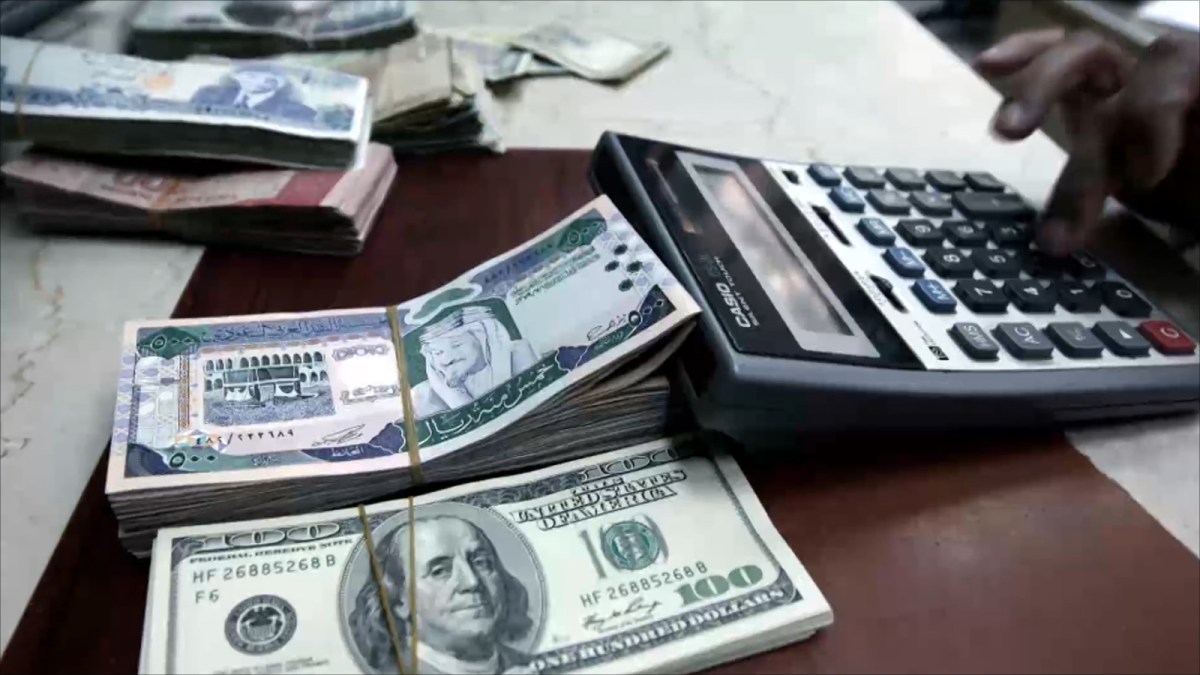Saudi Arabia announced - yesterday, Wednesday - that it recorded in 2022 the first surplus in the general budget in nearly a decade, exceeding its expectations in a year that witnessed global economic difficulties and a rise in oil prices, and it also announced the 2023 budget.
The surplus amounted to 102 billion riyals (about 27 billion dollars), according to the Ministry of Finance in a statement, after revenues reached 1234 billion riyals and expenditures reached 1132 billion.
This is the first surplus since the 2013 budget. Last year, the Kingdom expected that the surplus in the current year's budget would reach 90 billion riyals, or about $24 billion.
For the next year, the Kingdom expects revenues to reach 1,130 billion riyals and expenditures to 1,114 billion, meaning that it will achieve a surplus of 16 billion riyals (about $4 billion), according to the Ministry of Finance.
The Saudi economic data comes at a time when the world is facing widespread shocks in energy prices and resources, and fears of a deep recession.
However, the kingdom benefited from higher oil prices stemming from Russia's invasion of Ukraine last February, as well as growth in non-oil sectors that officials attribute to Vision 2030 for economic diversification.
Saudi Arabia benefited from high oil prices (Shutterstock)
investment and surplus
Finance Minister Mohammed Al-Jadaan said in an interview with reporters, "We invested a lot of money when others did not," adding, "We do not celebrate the surplus. For us, this is not really big news. It is something we expected. We were working to reduce our spending and increase our non-oil revenues."
And last August, Riyadh said that it recorded a surplus of more than $20 billion in the second quarter, as oil revenues jumped 90% compared to the same period in 2021.
Since then, oil prices have fallen to about $75 a barrel, despite the decision of the "OPEC Plus" coalition - led by Riyadh and Moscow - to cut production by two million barrels per day.
Saudi Arabia expected the public debt to rise to 985 billion riyals (Al-Jazeera)
budget and expenses
Saudi Arabia - the world's largest oil exporter - also announced the 2023 budget, with total expenditures of 1.114 trillion riyals ($297 billion), down from estimates for 2022 expenditures of 1.132 trillion riyals ($301.8 billion).
According to a document by the Ministry of Finance, on Wednesday, the government estimated a surplus for next year at 16 billion riyals ($4.26 billion), down from this year's estimate of 102 billion riyals ($27.2 billion).
The government estimated revenues of 1.130 trillion riyals ($301 billion) next year, down from $1.234 trillion ($329 billion).
The ministry expected the public debt to rise to 985 billion riyals ($263 billion) by the end of this year, which represents 25% of the GDP, compared to 938 billion riyals ($250 billion), which constitutes 30% of the 2021 output.
According to the data, the gross domestic product is expected to grow by 8.5% this year.
While the GDP had grown by 3.2% last year.

